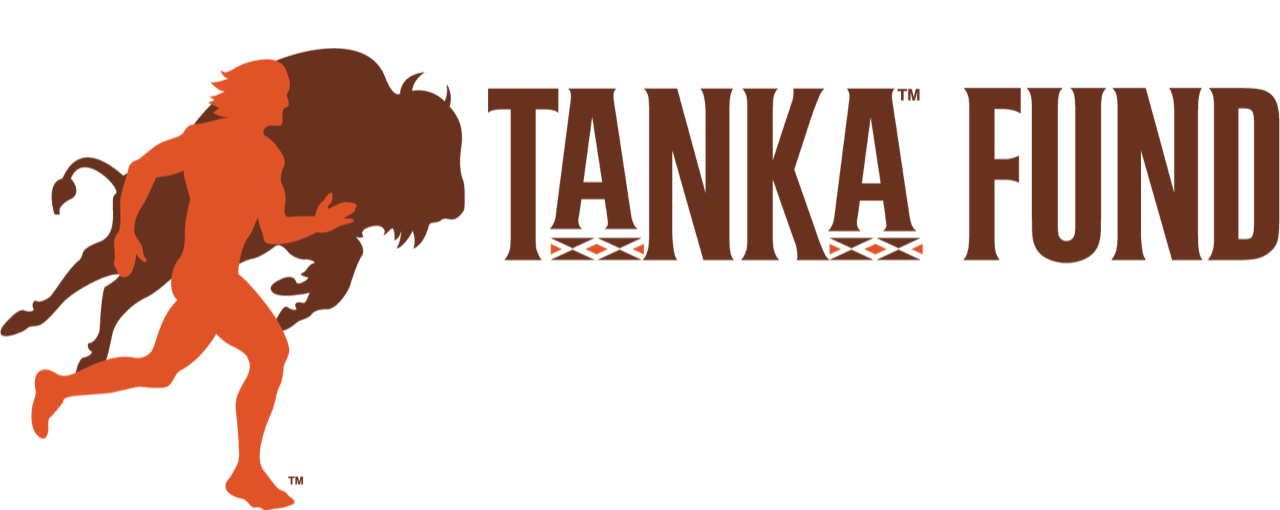Lessons from the Field: Humane Field Harvesting roundtable discussion
The Flower Hill Institute recently invited Dawn Sherman, executive director of Tanka Fund, and Tanka Fund board member Nick Hernandez of Makoce Agriculture Development, to participate in a roundtable discussion titled “Lessons from the Field: Humane Field Harvesting and Processing for Meat and Poultry.” The roundtable was led by Dave Carter and Chris Roper of Flower Hill, and included questions from the online audience.
For more information: Flower Hill Institute blog post
Summary
The video covers insights from field experts and cultural leaders about the opportunities and challenges surrounding field harvesting of bison and poultry. Hosted by Flower Hill Institute's Dave Carter and Chris Roper, the roundtable included Dawn Sherman of Tanka Fund and Nick Hernandez of Makoce Agriculture Development, who shared their experiences in humane, traditional harvesting methods. Discussions highlighted logistical considerations, cultural practices, and community engagement, emphasizing full animal utilization, food sovereignty, and local food system rebuilding. The session stressed the importance of planning, USDA inspection requirements, and partnerships to address challenges while respecting both cultural traditions and regulatory standards.
Key highlights
Cultural Significance: Dawn Sherman and Nick Hernandez emphasized the importance of field harvesting in reconnecting Native communities to traditional foods and practices, fostering cultural and spiritual ties with Buffalo.
Full Animal Utilization: Traditional methods focus on utilizing the entire animal, including organs, bones, and hides, minimizing waste and preserving cultural practices.
Importance of Community Engagement: Elders and youth are actively involved in harvesting processes to ensure knowledge transfer, cultural continuity, and community participation.
Infrastructure and Planning: Successful field harvesting requires meticulous planning, including equipment, water, waste management, and coordination with ranchers for efficiency.
Buffalo vs. Cattle Dynamics: Buffalo are more unpredictable than cattle, necessitating specific considerations such as larger spaces and secure fencing during harvests.
Regulatory Compliance: USDA and state inspection requirements were discussed, emphasizing the need for detailed HACCP plans and communication with inspectors, particularly for cultural harvest practices.
Local Food System Development: The discussion highlighted the need to rebuild local food systems with facilities like processing plants, food hubs, and storage units to support community access to healthy, locally sourced food.
Knowledge Sharing and Advocacy: The session stressed the importance of documenting and sharing cultural knowledge about harvesting and food preparation to ensure these practices are preserved and integrated into modern food systems.
#TankaFund #BuffaloConservation #SupportNativeRanchers #WildlifePreservation #ProtectTheBuffalo #SustainableRanching #NativeAmericanHeritage #ConservationEfforts #WildlifeProtection #SupportIndigenousCommunities #BuffaloRestoration #DonateForACause #WildlifeSupport #CulturalPreservation #IndigenousLandManagement #HelpSaveTheBuffalo #BuffaloHeritage #SustainableAgriculture #LandsLivesEconomies #Donate #Buffalo #Bison #TheReturn #NativeAmerican #Indigenous #Resilience #Restoration #CommunityEmpowerment #Sustainability #SustainableRanching #BuffaloRanching #CulturalRevitalization #Biodiversity #TankaImpact #foodsovereignty

